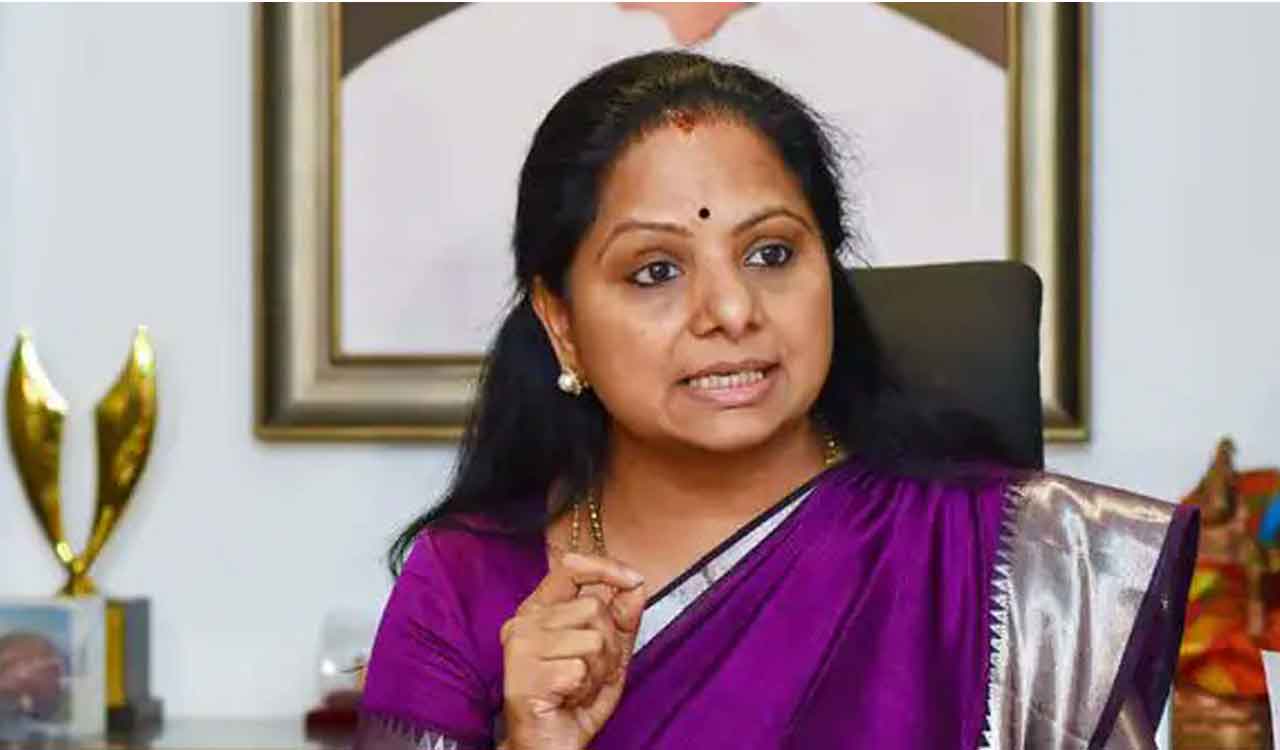
Thirdly, mentors should be supportive and encouraging and prioritise the mentee over manoeuvres of self-gratification.
Published Date – 14 April 2024, 11:59 PM

– By VIIVECK VERMA
Mentors are important figures in our lives. They are not just instructors and guides, but also people we can look up to, turn to in times of duress and trust at all times.
In a world where everything seems uncertain and evolving at all times, mentors can be significant grounding presences and emotional anchors.
However, in an age of limitless interaction thanks to technology, where everyone seems to be brimming with unrestricted responses to our lives and actions, how do we choose mentors? How do we know if the people we have chosen as or assumed to be our mentors are the right people for the elevated stature we give them? How much can the term “mentor” include?
These are relevant questions that merit a probe. Good Mentor The mentor-mentee relationship, owing to its profundity, can be a lot like a make-or-break situation for our progress and well-being. Because the mentor’s words are not just instructions or advice but affirmations and caveats, they can propel us to make major life decisions and alter our trajectories altogether.
This is why choosing the right mentors is of paramount importance. Simultaneously, it is necessary to note that this process is contingent upon not just the mentors we seek but also the mentees we are and can be. Let us explore these aspects in some detail. To examine the situation from the mentor angle, let us ask the question, “who is a good mentor?” Primarily, a good mentor is someone who you can admire, someone whose accomplishments, experiences and personality induce respect.
For example, if you are a doctor in training, an accomplished doctor with years of experience can be a worthy mentor, rather than someone who does not know about the profession. Secondly, a good mentor should be open about experiences, both successes and failures. If a mentor is reluctant to share their journey or is overly guarded, it may hinder the learning process, as it can give a lopsided view of situations.
Thirdly, mentors should be supportive and encouraging and prioritise the mentee over manoeuvres of self-gratification.
If they consistently dismiss your ideas without providing constructive feedback or discourage your aspirations, it might not be a healthy mentoring relationship and the mentor might not be a secure individual to begin with. A mentor who prioritises self-promotion over your growth may not be the best fit for you as the focus should be on your development, not the mentor’s ego.
Finally, if a mentor oversteps personal or professional boundaries making you uncomfortable, it is undoubtedly a red flag and a sign that the mentor-mentee equation is proving to be harmful.
For example, imagine mentors in a professional setting who have assumed the position merely out of seniority but consistently dismiss your ideas, are unavailable for scheduled meetings and rarely provide helpful feedback.
Sometimes, they make counterproductive remarks and speak of irrelevant things that derail your resolve. In such a case, it may be a sign that they are not invested in your growth or may not have the qualities needed for a positive mentoring relationship.
Effecting Mentoring On the other hand, your role as a mentee is of extraordinary importance in this scenario.
Your degree of selfawareness, self-reflexivity and honesty determine if you can extract what is worthwhile from it.
This is important because sometimes, people can seek mentors they like rather than mentors they need.
For example, if you have begun writing poetry, you may want to receive praise more than criticism and accordingly, present it to someone who is usually generous with compliments.
However, who you need to be a successful and acclaimed poet is someone who knows about literary aesthetics and can give you relevant feedback on composition, style and writing, even if it is not necessarily celebratory.
Choosing a mentor can be an exercise in self-deception or self-awareness and for the mentor-mentee relationship to be effective and beneficial, we must choose the latter. Similarly, the mentee’s honesty in presenting their problems is key to effective mentoring. In other words, the mentor and mentee must work together with integrity and choosing a good mentor is linked to being a good mentee as well.
An honest mentee must choose a dedicated mentor. A mentor helps the mentee understand their strengths, weaknesses, values and aspirations. Through constructive guidance, the mentor encourages self-reflection, leading to increased self-awareness. Together, the mentor and mentee define clear and achievable goals.
The mentor guides the mentee in aligning these goals with their personal values and long-term vision. Self-awareness allows the mentee to recognise challenges and areas for improvement.
The mentor provides support in overcoming obstacles, offering insights based on their own self-awareness and experiences. The mentee feels comfortable sharing their thoughts, concerns, and goals, knowing that the mentor will provide useful suggestions without judgment.
Trusted Ally Trust is reinforced when both parties consistently fulfil their commitments. The mentor’s reliability in offering guidance and the mentee’s commitment to implementing suggestions contribute to a strong, trustworthy relationship. A trustworthy mentor keeps discussions confidential, creating a safe space for the mentee to discuss sensitive topics and this confidentiality cements trust over time.
On the whole, finding the right mentor is like gaining a trusted ally who imparts knowledge, opens doors and supports your growth in both professional and personal spheres. The mentormentee relationship is a powerful dynamic that fosters continuous learning and development.
We must remember that a good mentor should be approachable, patient, and willing to share knowledge and experiences, while offering constructive feedback, setting realistic expectations and providing guidance without imposing their own agenda.
At the same time, being an honest and self-aware mentee allows you to know what you need and seek the right person. Such veracity of purpose fosters trust with your mentor, leading the mentor to provide tailored guidance, addressing your true challenges and helping you develop personally and professionally.
To find the right mentors, therefore, is an exercise in knowing yourself well, as well as vigilantly knowing the people around you and being dedicated to the mission of staying true to your purpose. Go ahead, know yourself and choose the best to learn from!

The author is Founder & CEO, Upsurge Global, Advisor & Adjunct Professor, EThames College, and Strategic Advisor and Venture Partner, SilverNeedle Ventures
Powered by Yes Mom Hosting






